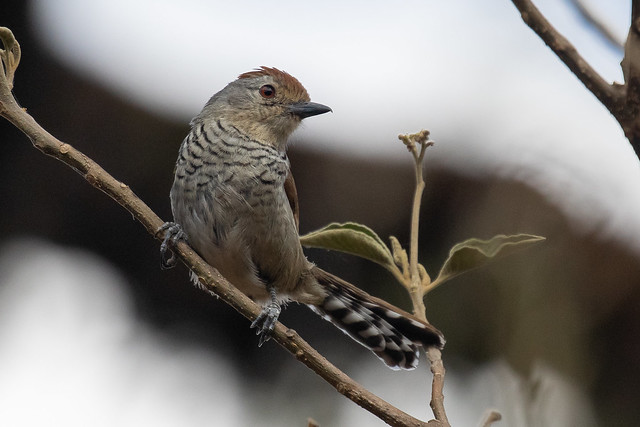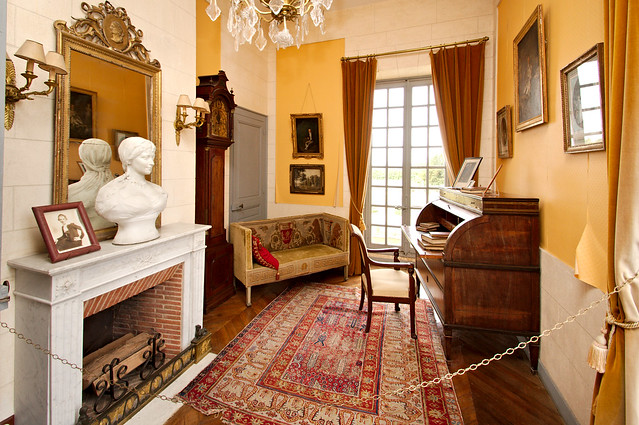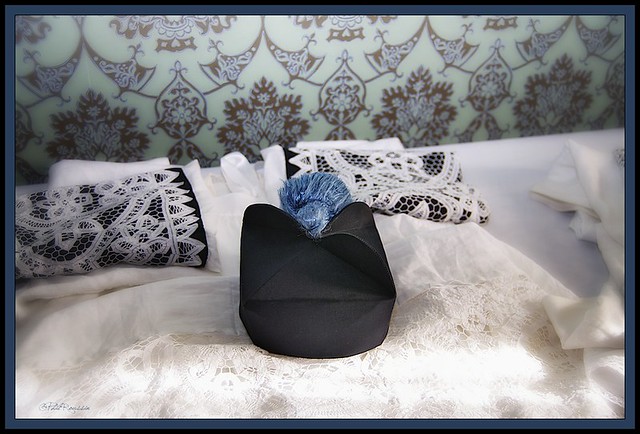Podcast: Play in new window | Download
In this adventure we’re untangling the ruddy roots of the word robust.
Robust means:
- Strong and healthy (of people or animals)
- Strong and unlikely to break or fail (of objects or systems)
It comes from Latin rōbustus (oak, oaken, hard, firm, solid), from rōbur (an oak tree, hardness, strength, stronghold), from rōbus (red [esp. oxen]), from Proto-Italic *rouβos (red, ruddy, redheaded), from PIE *h₁rewdʰ- (red) [source].
Words from the same roots include red, rowan, ruby, ruddy and rust in English, rouge (red) in French, and rubor (blusing, blush, embarrassment, shame) and roble (oak, strong object/person, strength) in Spanish [source].
The name Rufus also comes from the same roots, as does the English word rufous, which refers to a reddish brown colour, like rust. It’s mainly found in the name of birds, such as the rufous owl (Ninox rufa, a.k.a. rufous boobook), and the rufous-capped antshrike (Thamnophilus ruficapillus) [source].

Rufous-capped antshrike (Thamnophilus ruficapillus)
You can also listen to this podcast on: Apple Podcasts, Amazon Music, Stitcher, TuneIn, Podchaser, PlayerFM or podtail.
If you would like to support this podcast, you can make a donation via PayPal or Patreon, or contribute to Omniglot in other ways.
Radio Omniglot podcasts are brought to you in association with Blubrry Podcast Hosting, a great place to host your podcasts. Get your first month free with the promo code omniglot.
I also write about words, etymology and other language-related topics on the Omniglot Blog, and I explore etymological connections between Celtic languages on the Celtiadur.













